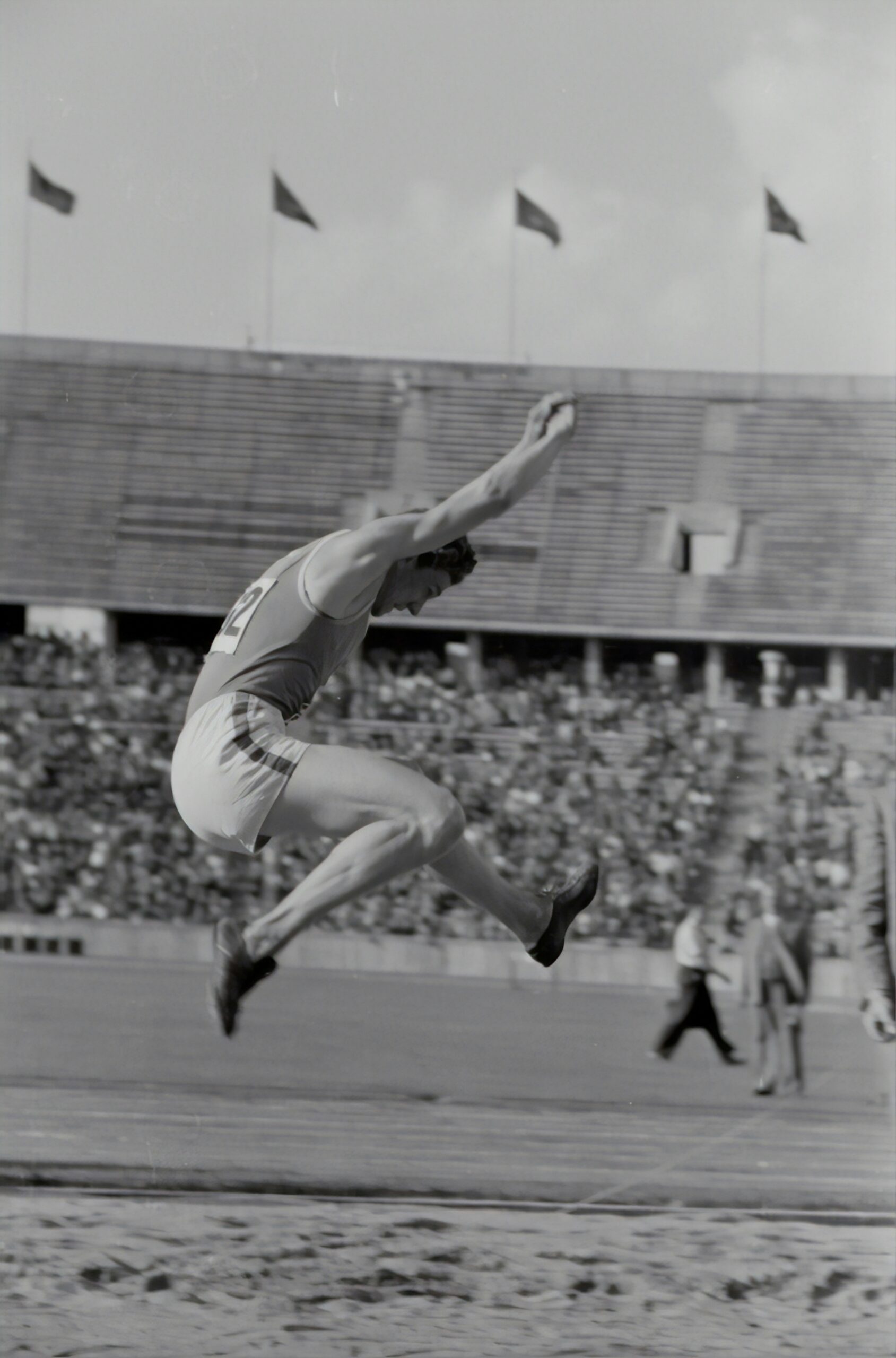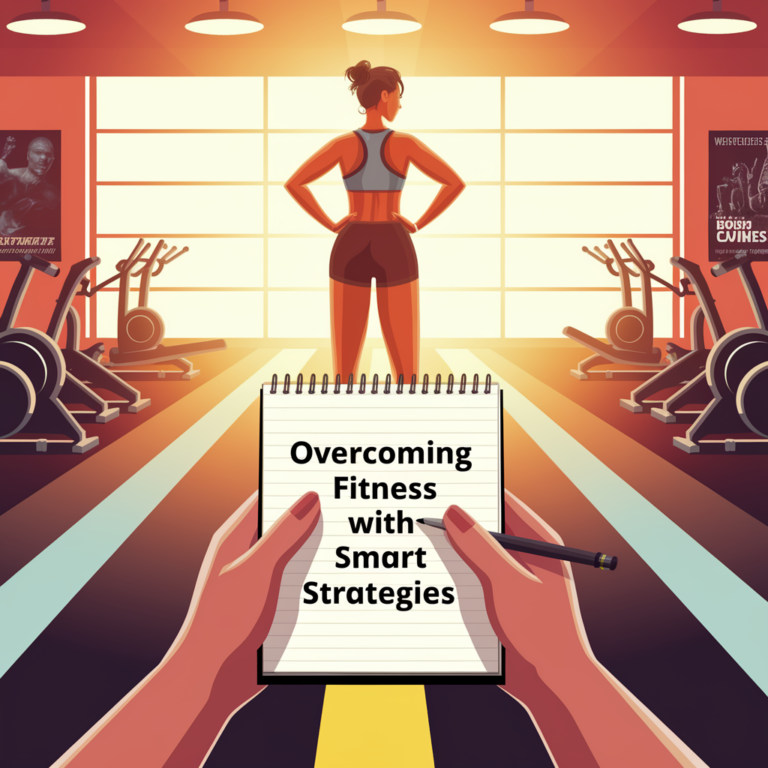Historical Evolution of Olympic Sports
Introduction
The Olympic Games, originating from ancient Greece, have evolved significantly over centuries to become the premier international sporting event. This evolution encompasses not only the sports included but also changes in rules, participant demographics, and the cultural and political context surrounding the games.
Ancient Olympic Games: Birth and Early Development
The ancient Olympic Games began in Olympia, Greece, around 776 BCE, dedicated to Zeus. Initially, the games featured a few sports, including running, wrestling, boxing, and the pentathlon, reflecting the physical and military prowess valued in ancient Greek society. These events were integral to Greek identity and celebrated as a testament to human physical achievement and the favor of the gods.
Revival of the Modern Olympic Games
After centuries of obscurity, the modern Olympic Games were revived in 1896 in Athens, Greece, under the impetus of Baron Pierre de Coubertin. The inaugural modern Olympics aimed to promote international understanding and peace through sports, encompassing a broader range of sports than the ancient games.
Early Expansion and Standardization
During the early 20th century, the Olympic movement gained momentum, leading to the inclusion of more sports such as cycling, tennis, and gymnastics in subsequent editions. The need for standardization in rules and regulations became apparent to ensure fair competition among nations of varying athletic traditions.
Political and Social Influences
The Olympics have often reflected and influenced global political and social climates. For example, the exclusion of Germany and Japan from the 1948 Olympics due to World War II repercussions demonstrated the games’ geopolitical significance. Conversely, the inclusion of South Africa in 1992 after the end of apartheid symbolized the international community’s stance on human rights.
Modern Olympics: Innovation and Adaptation
In the 21st century, the International Olympic Committee (IOC) has adapted the games to modern trends and interests. New sports like snowboarding and BMX cycling have been introduced to attract younger audiences and diversify the games’ appeal. Furthermore, advancements in technology and sports science have influenced training methods and athletic performance, pushing athletes to achieve new records and heights.
Gender Equality and Inclusivity
The Olympics have progressively embraced gender equality and inclusivity. Women were first allowed to compete in the 1900 Paris Olympics, and their participation has steadily increased. The introduction of mixed-gender events, such as swimming relays and equestrian competitions, further promotes equality and collaboration among athletes of different genders.
Globalization and Cultural Impact
As the Olympics expanded globally, they became a platform for showcasing cultural heritage and national pride. Host cities invest heavily in infrastructure and urban development to accommodate the influx of athletes and spectators, leaving a lasting legacy on their communities. The opening and closing ceremonies, often a spectacle of music, dance, and technology, celebrate the diversity of cultures participating in the games.
Challenges and Future Outlook
Despite its prestige, the Olympic movement faces challenges, including doping scandals, financial pressures on host cities, and debates over the environmental impact of large-scale events. Looking forward, the IOC continues to innovate by exploring new formats, enhancing sustainability efforts, and adapting to global health crises, such as the COVID-19 pandemic, which disrupted the Tokyo 2020 Games.
Conclusion
The evolution of Olympic sports mirrors the evolution of global society itself, reflecting changes in technology, culture, and international relations. From its ancient roots to its modern incarnation, the Olympic Games remain a symbol of unity, excellence, and the enduring human spirit.









